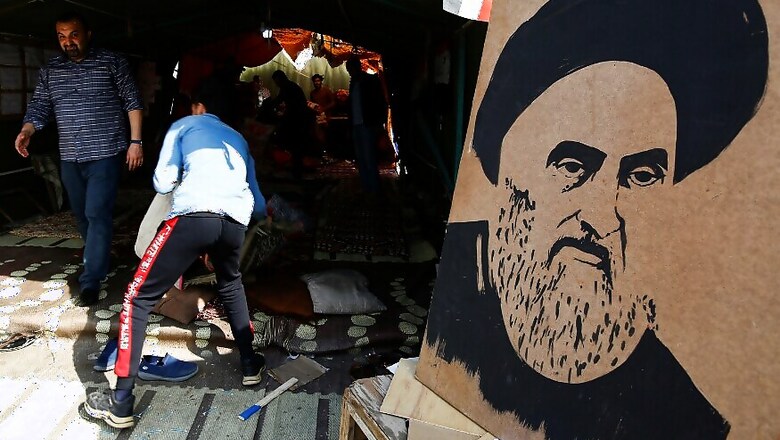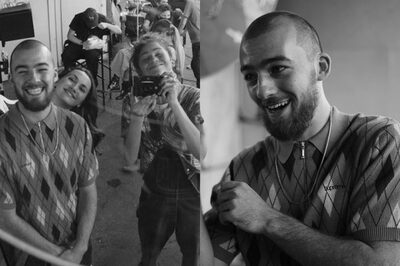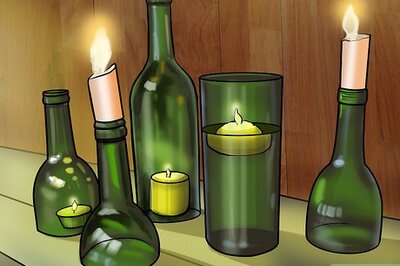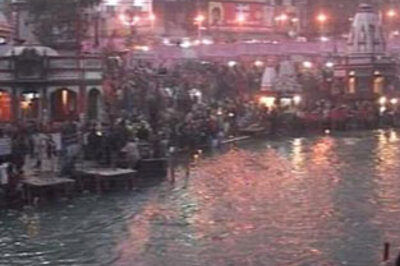Iraq's Top Cleric's Sermon Cancelled over Coronavirus Scare, First since 2003 Fall of Saddam Hussein

views
Najaf: Representatives of Iraq's top Shiite cleric did not deliver his weekly sermon in Karbala on Friday, a first since the fall of Saddam Hussein, due to fears of spreading the novel coronavirus.
Religious authorities had already closed the shrine of Imam Hussein, grandson of the Prophet Mohammed, where the sermon is usually delivered, to mitigate the risk of contagion.
On Friday, representatives who usually read Grand Ayatollah Ali Sistani's address, broadcast live on state television, did not appear. The 89-year-old Sistani is based in the Shiite holy city of Najaf, south of Karbala, and never appears in public.
An official at the site in the holy city of Karbala said "the cancellation of Friday prayers at the Imam Hussein shrine is a first since 2003", the year an American-led invasion toppled veteran dictator Saddam Hussein.
Sources close to Sistani's office confirmed the unprecedented nature of the decision.
Iraq has reported three coronavirus deaths and 38 infections.
Authorities are particularly worried about coronavirus spreading via Shiite holy sites, which attract millions of pilgrims, including many from neighbouring Iran, which has seen the world's second-deadliest outbreak.
But on Friday numerous pilgrims flocked to the area near the Karbala mausoleum, and a road linking two shrines in the city was still open to pilgrims, said AFP journalists. Provincial authorities have barred non-residents from entering Karbala province from Friday.
Sistani had dedicated part of his last two sermons to the health situation in the country of 40 million. The virus has fuelled panic among Iraqis who say the war-ravaged country's health system cannot handle the epidemic.
In Najaf, the mausoleum of Imam Ali, son-in-law of the Prophet Mohammad, was open to the public on Friday after Shiite cleric Moqtada Sadr personally pushed for it to be re-opened. Hundreds of his supporters gathered for prayers in the nearby town of Kufa -- Sadr's birthplace -- on Friday. Sadr did not attend, but sent a representative to deliver his sermon.
In Samarra, another holy Shiite site north of Baghdad, religious authorities cancelled a second pilgrimage in the space of a week.



















Comments
0 comment